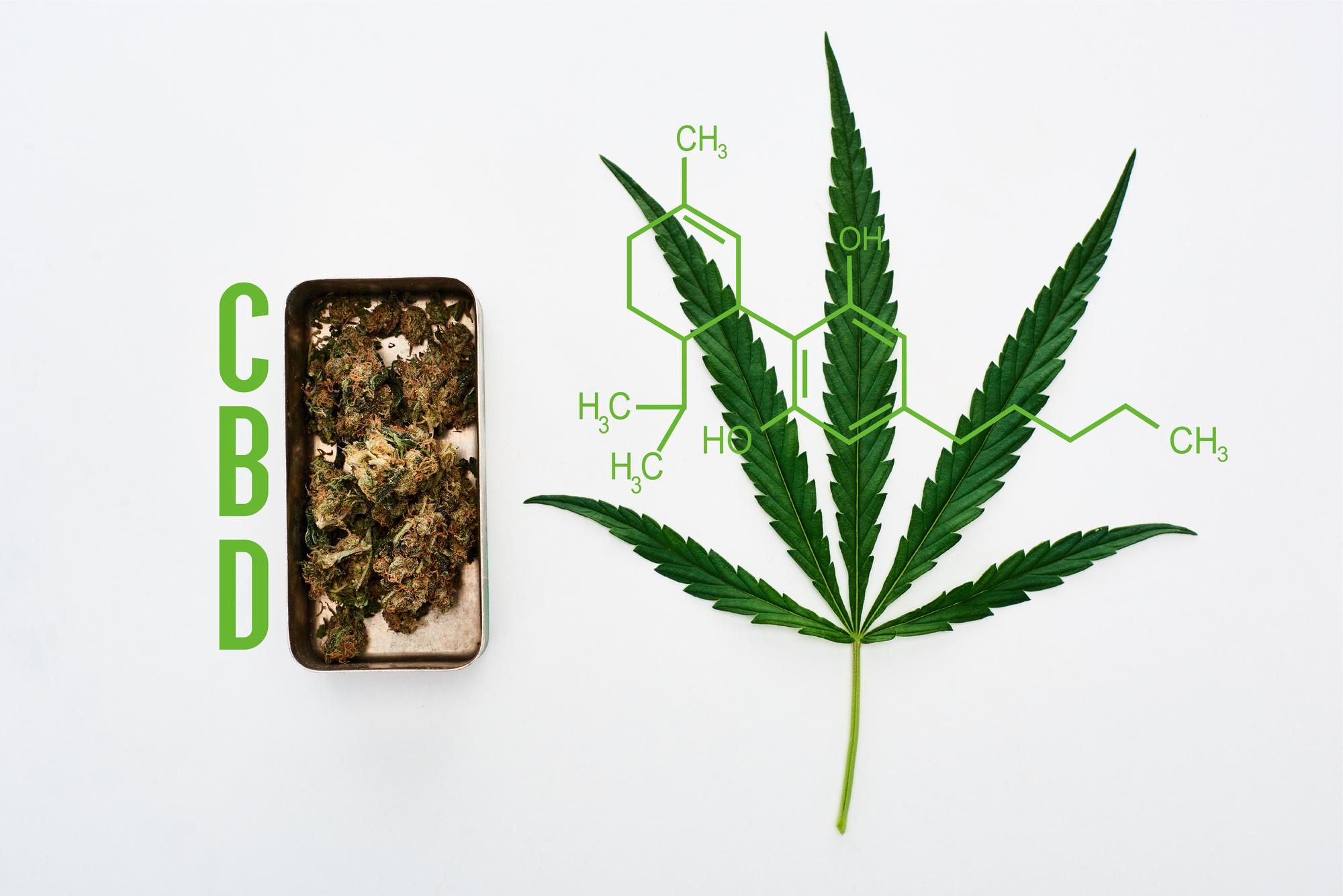Scalp psoriasis is a chronic inflammatory condition that can cause redness, itching, and flaking, often leading to discomfort and frustration for those affected. While medical treatments such as corticosteroid creams, vitamin D analogs, and medicated shampoos remain the standard approach, many people explore natural oils to help soothe their scalp between treatments. Among these, hemp seed oil has attracted growing attention for its moisturizing and anti-inflammatory potential.
Hemp seed oil is a lightweight botanical oil extracted from the seeds of the Cannabis sativa plant. Unlike CBD or THC oils, it contains no cannabinoids and is valued primarily for its nutrient-rich fatty acid profile. It is particularly abundant in omega-3 and omega-6 fatty acids, including linoleic acid and alpha-linolenic acid, which play vital roles in maintaining a healthy skin barrier. When applied topically, these essential fatty acids help reduce moisture loss and support smoother, more hydrated skin—important benefits for anyone dealing with dryness and irritation caused by psoriasis.
Although direct clinical trials examining hemp seed oil specifically for scalp psoriasis are limited, evidence from dermatological research on skin-barrier repair supports its use as a gentle emollient. Studies on other inflammatory skin conditions, such as eczema, have shown that hemp seed oil can improve hydration and reduce itch intensity. These findings suggest that it may offer similar relief for psoriasis-related symptoms like scaling, dryness, and discomfort.
When used on the scalp, hemp seed oil can be applied as a pre-wash treatment. A small amount—just a few drops—can be massaged gently into the scalp, paying extra attention to areas that feel tight or flaky. Allowing the oil to sit for 20 to 30 minutes before shampooing can help loosen scales and soften the skin. For some, leaving it on overnight under a towel or shower cap enhances absorption and comfort. Following up with a dermatologist-recommended shampoo can help cleanse the area without stripping away the oil’s benefits.
It’s essential, however, to approach hemp seed oil as a supportive step—not a substitute—for prescribed psoriasis treatments. While it may help calm irritation and enhance overall scalp health, it doesn’t address the autoimmune processes driving psoriasis. Regular medical care, consistent hydration, and gentle hair products all play critical roles in managing flare-ups effectively.
As with any new topical product, performing a patch test is recommended. Individuals with cracked or bleeding skin should avoid direct application and consult a dermatologist first.
Ultimately, hemp seed oil may not cure scalp psoriasis, but its natural blend of fatty acids and hydrating properties can make it a comforting addition to a well-rounded scalp care routine. When paired with medical treatments, it can help reduce itch, soothe dryness, and promote a more balanced and nourished scalp environment.
Read More: Hemp Seed Oil for Winter Dryness and Irritation: Expert Tips for Healthier Skin

